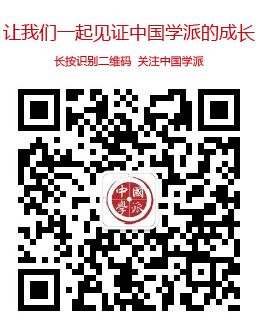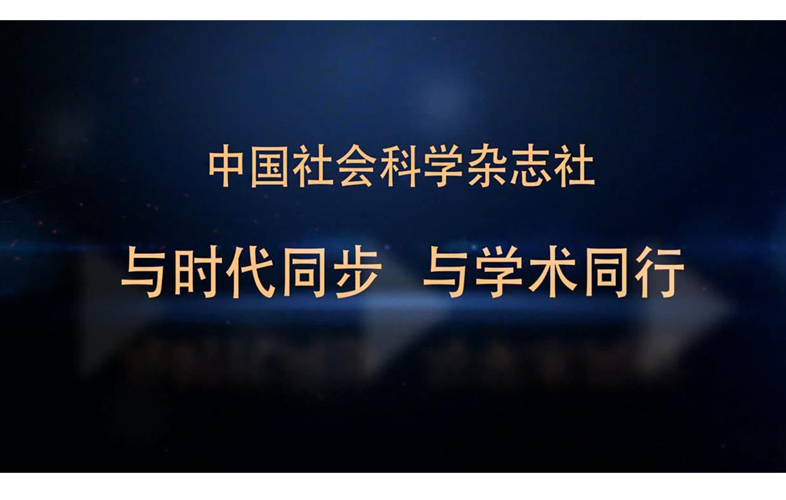Wu Yuxiao,a Wang Peng b and Du Sijia c
a and c School of Social and Behavioral Sciences, Nanjing University
b School of Philosophy and Social Development, Shandong University
Abstract:This paper examines the relationship between family structure and junior high school students’educational and psychosocial development and its intermediate mechanisms. Our findings show, firstly, that family structure affects children’s development, and children living with both parents have better educational and psychosocial development than those without one or both parents. Secondly, family structure affects children’s development to some extent through the two mechanisms of family socioeconomic status and parental participation in education. Thirdly, fathers and mothers play different roles in children’s development. Mothers are more important to children’s educational development, while fathers are more important to their psychosocial development. In addition, the distribution of family structure shows marked group heterogeneity, and families lacking both parents tend to be groups with a lower socioeconomic status. Since adolescent development is closely related to the acquisition of socioeconomic status in adulthood, the negative impact of parental absence on children’s development should not be neglected by academics and policy researchers.
Keywords:family structure, educational development, psychosocial development,socioeconomic status, parental participation in education

- 1 SPECIAL ISSUE: The Internet and the M...
- 2 How Information and Communication Tec...
- 3 The Impact of Internet Use on Residen...
- 4 Governance Change and Political Ident...
- 5 Responsive Government: The Diversity ...
- 6 Technology Transforms Politics: Inter...
- 7 Social Sciences in China(No.4,2019)
- 8 特别策划:互文 场域 叙事——中国故...
- 9 构建中国特色全媒体国际传播体系
- 10 深入理解传统文化 助力讲好中国故事


